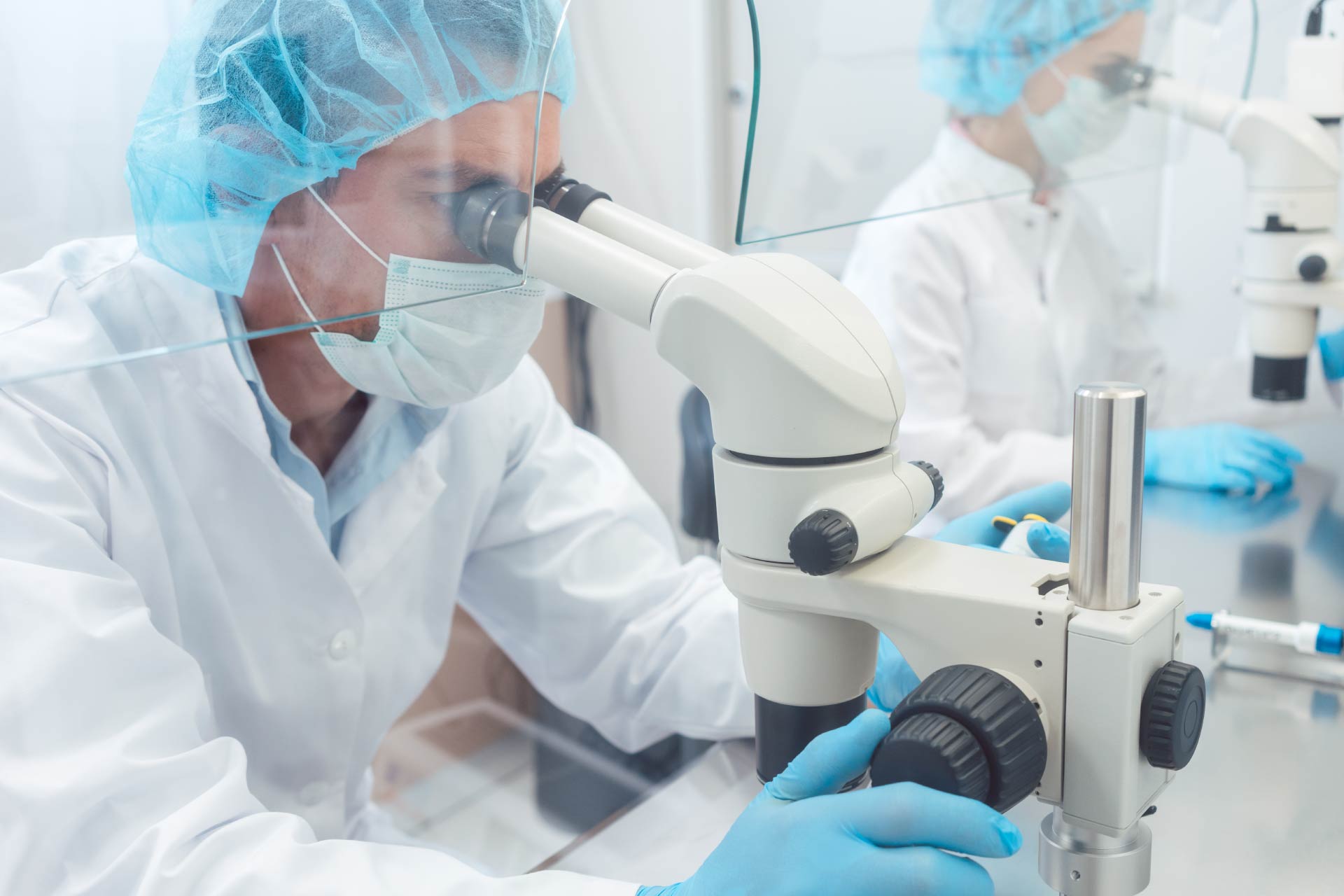• Correlation vs. causality
• Staying alive
• Bacterial cocktails
• Safer options
• Towards the clinic
What is already known on this topic
Over the past ten years, scientists have launched several efforts to harness the gut microbiota in developing new therapies for a huge range of conditions, including Parkinson’s disease, cancer, and autism. One of the most compelling microbiota-derived therapy is fecal microbiota transplantation, which is used to treat people with bowel infections caused by the bacterium Clostridioides difficile who had failed to respond to other treatments.What this research adds
Five experts discuss the challenges and opportunities of microbiota-based therapies. One important question that remains unanswered is whether the changes associated with disease are caused by the microbiota or by other factors such as unanticipated effects of drugs. And little is known about the microbes required for successful treatment of microbiota-linked diseases. What’s more, standard operating procedures for clinical applications of microbiota research as well as information of diet-drug-microbiota interactions are still missing.Conclusion
Creating microbiota-targeted therapeutics is challenging, but the results could transform lives. For this reason, efforts to understand the human microbiota and its link to disease should be a biomedical priority.
Over the past ten years, scientists have launched several efforts to harness the gut microbiota in developing new therapies for a huge range of conditions, including Parkinson’s disease, cancer, and autism. And while microbiota therapies are being used to treat serious gut infections caused by the bacterium Clostridioides difficile, researchers have yet to identify the specific microbes that are required for successful treatment.
In a commentary published in Cell, five experts discuss the challenges and opportunities of microbiota-based therapies.
Correlation vs. causality
According to Emily Balskus at Harvard University in Cambridge, Massachusetts, one important question that remains unanswered is whether the changes associated with disease are caused by the microbiota or by other factors such as unanticipated effects of drugs.
Animal models are often poor mimics of human physiology, and more work is needed to determine the causality of gut microbiota-disease in people, she says. In addition to fecal microbiota transplants, Balskus adds, researchers should consider the development of other therapeutic strategies such as prebiotics—small-molecules that can alter microbial activities.
Staying alive
Paul Carlson Jr. at the United States Food and Drug Administration adds that in many cases the microbes required for successful treatment of microbiota-linked diseases are unknown. Given this uncertainty, Carlson adds, it’s critical to keep all microbes viable during the preparation of fecal microbiota transplants.
“Proper storage conditions and expiration times are also important considerations,” he says. “Failure to protect potentially important organisms could lead to lack of efficacy in clinical studies and may not advance the [fecal microbiota transplants]/microbiota field.”
Bacterial cocktails
For Kenya Honda at Keio University in Tokyo, Japan, cocktails of live bacteria are one of the most promising microbiota-based therapeutic strategies, as they are associated with few side effects, low costs, and durable clinical responses.
But developing effective live bacterial cocktails is challenging: scientists should first identify which microbes affect human health and then design effective cocktails of live bacteria, which should be able to survive the host resident microbiota in clinical settings.
Honda also points out that monitoring the efficacy and safety of microbiota-based therapies in clinical trials presents many challenges, and understanding the molecular mechanisms through which bacterial cocktails can treat disease is “unrealistic.”
Safer options
A safe alternative to fecal microbiota transplants would be the use of active strains of probiotics, says Fredrik Bäckhed at the University of Gothenburg in Sweden. But one major challenge of this approach is producing and store anaerobic bacteria in open air, as well as removing pathogenic strains from the microbiota using antibiotics and without damaging the resident flora.
Bäckhed also cautions that it is unlikely that all individuals will benefit from the same microbiota-based therapies. “An effective microbiota-targeted therapeutic strategy may need to involve personalized treatments, including customized bacterial communities and consideration of diet and drug interactions,” he says.
Towards the clinic
Christine Moissl-Eichinger at the Medical University of Graz in Austria agrees that, because gut microbiota compositions vary from one person to another, microbiota-based treatments should be personalized. But she adds that efforts to reduce the costs for personalized diagnosis and treatment are necessary.
Moissl-Eichinger also points out that standard operating procedures for clinical applications of microbiota research are missing, and microbiota therapies often have either no clear positive effect or they come with a risk for people with a weak immune system.
Looking forward, large studies would help to create health-versus-disease databases and define biomarkers for diagnostics, Moissl-Eichinger says. And consistent, comprehensive information about patients will help to distinguish correlations from causal links, she says.
Creating microbiota-targeted therapeutics is fraught with hurdles, but the results could transform lives. For this reason, efforts to understand the human microbiota and its link to disease should be a biomedical priority, Balskus says.









